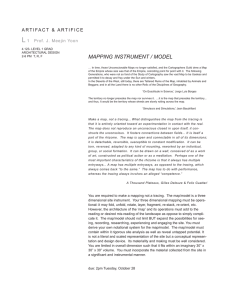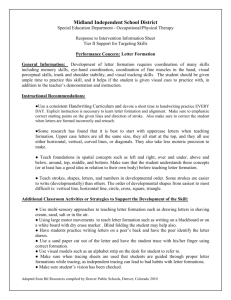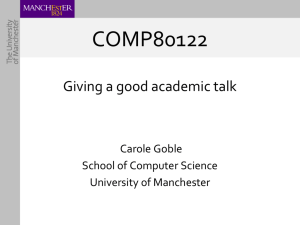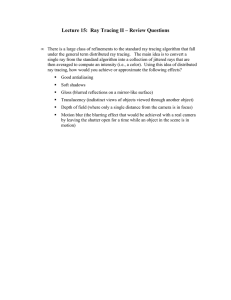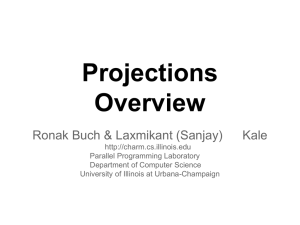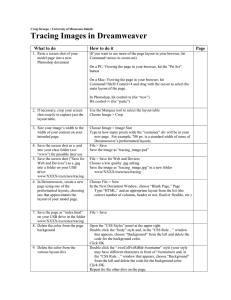Statement to Professors
advertisement
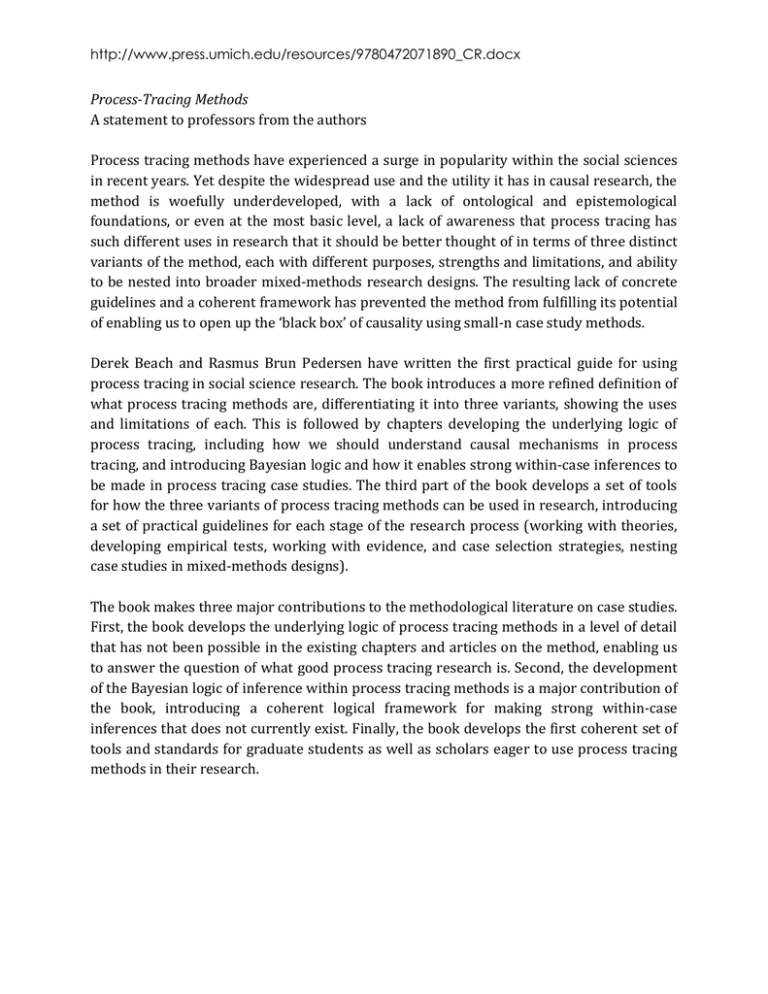
http://www.press.umich.edu/resources/9780472071890_CR.docx Process-Tracing Methods A statement to professors from the authors Process tracing methods have experienced a surge in popularity within the social sciences in recent years. Yet despite the widespread use and the utility it has in causal research, the method is woefully underdeveloped, with a lack of ontological and epistemological foundations, or even at the most basic level, a lack of awareness that process tracing has such different uses in research that it should be better thought of in terms of three distinct variants of the method, each with different purposes, strengths and limitations, and ability to be nested into broader mixed-methods research designs. The resulting lack of concrete guidelines and a coherent framework has prevented the method from fulfilling its potential of enabling us to open up the ‘black box’ of causality using small-n case study methods. Derek Beach and Rasmus Brun Pedersen have written the first practical guide for using process tracing in social science research. The book introduces a more refined definition of what process tracing methods are, differentiating it into three variants, showing the uses and limitations of each. This is followed by chapters developing the underlying logic of process tracing, including how we should understand causal mechanisms in process tracing, and introducing Bayesian logic and how it enables strong within-case inferences to be made in process tracing case studies. The third part of the book develops a set of tools for how the three variants of process tracing methods can be used in research, introducing a set of practical guidelines for each stage of the research process (working with theories, developing empirical tests, working with evidence, and case selection strategies, nesting case studies in mixed-methods designs). The book makes three major contributions to the methodological literature on case studies. First, the book develops the underlying logic of process tracing methods in a level of detail that has not been possible in the existing chapters and articles on the method, enabling us to answer the question of what good process tracing research is. Second, the development of the Bayesian logic of inference within process tracing methods is a major contribution of the book, introducing a coherent logical framework for making strong within-case inferences that does not currently exist. Finally, the book develops the first coherent set of tools and standards for graduate students as well as scholars eager to use process tracing methods in their research.
